MY BOOK WORLD
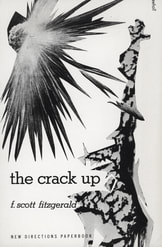
There is much to admire about this collection of essays and varied materials, some written by Fitzgerald and some penned by other contemporaneous literati. The title is derived from the author’s essay by the same name, in which he rather portrays his demise as a writer. It is a bit self-flagellating, if not a bit inaccurate. The weakest part of this tome may be “The Notebooks,” in which, by category (Anecdotes, Descriptions of Humanity, Karacters, to name a few), Fitzgerald displays journal entry after journal entry. I’ve seen this done to great effect by the likes of David Sedaris in his journals (which have been carefully edited) and John Cheever’s, as well. But here, this section contains around 150 pages of material that should probably have remained private. Some entries are so fragmented as to be nonsensical (except to the author); others seem overwritten and therefore of little value to the reader. In a strange aside, I must say a number of these entries seem to speak to Fitzgerald’s preoccupation/fascination with “homosexuals”:
“I really loved him, but of course it wore out like a love affair. The fairies have spoiled all that”(99).
“Fairies?” Really?
“Fairy who fell for a wax dummy” (155).
“He had once been a pederast and he had perfected a trick of writing about all his affairs as if his boy friends had been girls, thus achieving feminine types of a certain spurious originality” (166).
Is “he” Fitzgerald himself?
“When I like men I want to be like them—I want to lose the outer qualities that give me my individuality and be like them. I don’t want the man; I want to absorb into myself all the qualities that make him attractive and leave him out. I cling to my own innards. When I like women I want to own them, to dominate them, to have them admire me” (169).
Honestly sounds as if the man has an identity problem.
“Fairy can only stand young girls on stage, where they’re speaking other people’s lines” (201).
“Fairies: Nature’s attempt to get rid of soft boys by sterilizing them” (205).
“The two young men could only groan and play sentimental music on the phonograph, but presently they departed; the fire leaped up, day went out behind the window and Forrest had rum in his tea” (214).
“to Gerald and Sara Murphy
Honey—that goes for Sara too…” (282).
A nice, jocular greeting in a letter. Ha ha.
As I said, a strange preoccupation this man seems to have with gay men. He can’t decide whether he admires them or deplores them, and could he possibly be one himself?
In all, however, I wish I had read this collection while I was teaching The Great Gatsby and a few of Fitzgerald’s short stories to high school AP students years ago. Doing so might have informed my pedagogy in a superior manner.
Coming Next:
TUES: A Writer's Wit | Gore Vidal
WEDS: A Writer's Wit | Heidi Hayes Jacobs
THURS: A Writer's Wit | Caroline Gordon
FRI: My Book World | Barbara Kingsolver, Demon Copperhead: A Novel



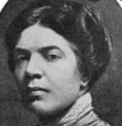



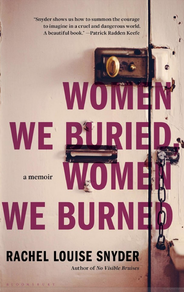
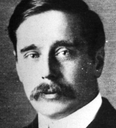

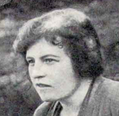




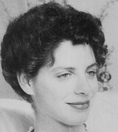

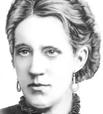

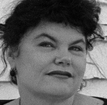
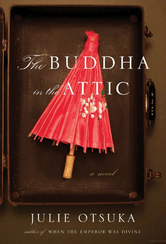





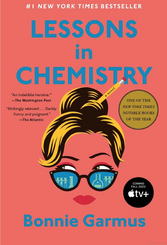

 RSS Feed
RSS Feed